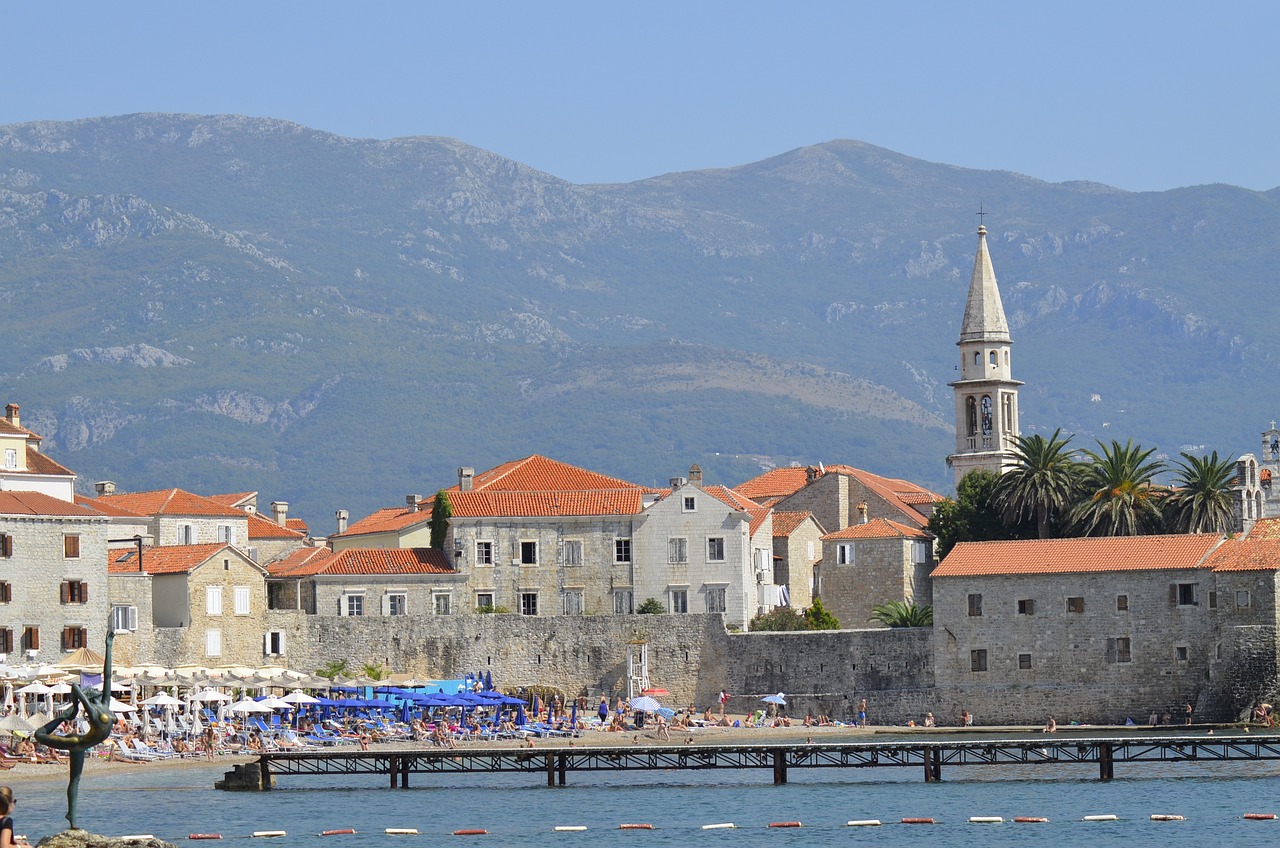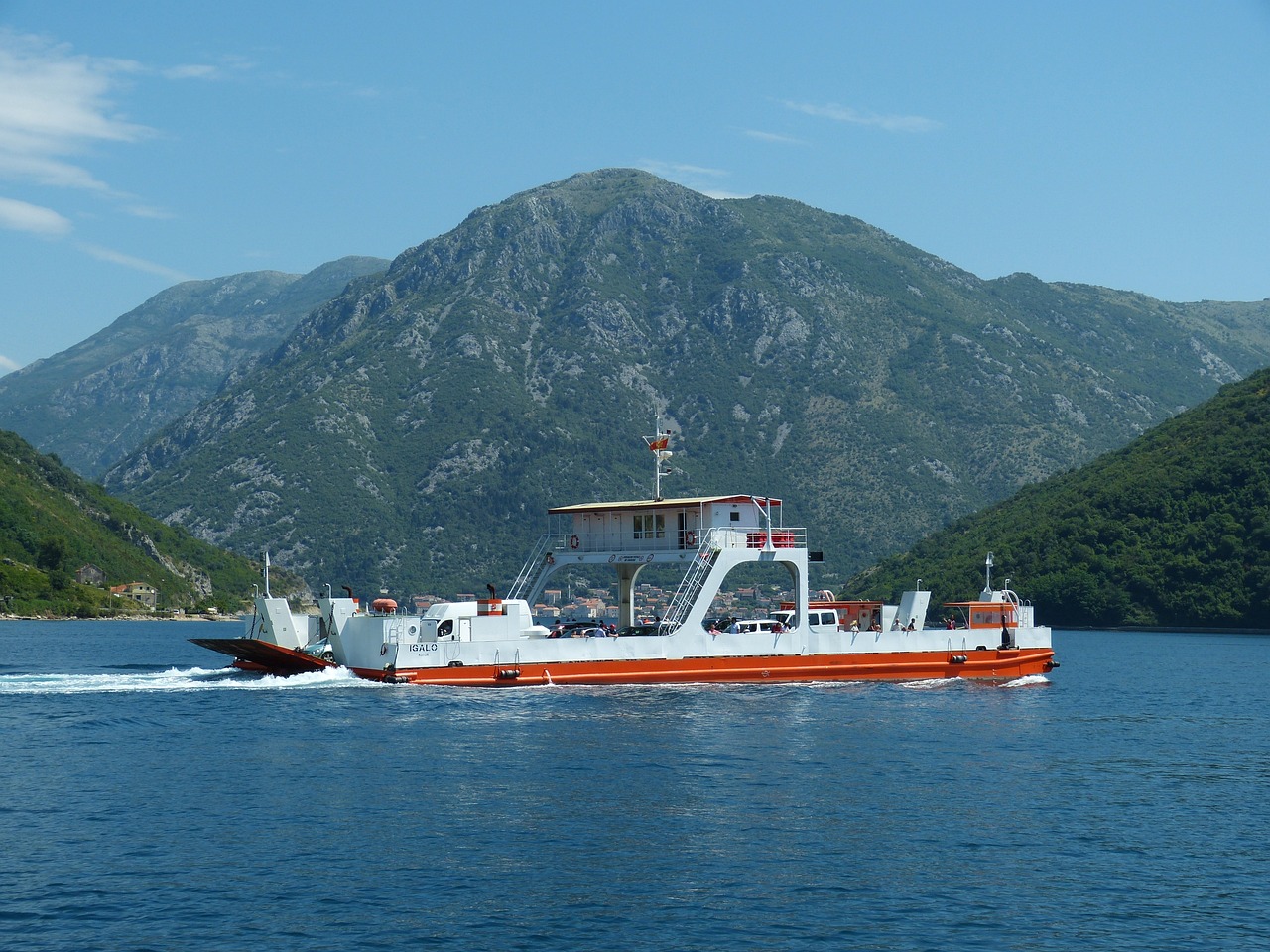Retaining Productivity: Facing Common Challenges in Montenegro
Montenegro, a picturesque country located in Southeastern Europe, faces various challenges when it comes to retaining productivity in its workforce. From economic factors to societal issues, these challenges can hinder the growth and development of businesses and individuals. In this article, we will explore some of the common challenges faced in Montenegro and discuss strategies to overcome them.
1. Limited Access to Education and Training Opportunities
Limited funding for education: The education system in Montenegro faces challenges due to limited funding from the government. This affects the quality and accessibility of education, leading to a lack of skilled workers in various industries.
Inadequate vocational training programs: The availability and quality of vocational training programs in Montenegro are limited. This hampers the development of specialized skills required in specific industries, leading to a skills gap in the workforce.
Solution: To address these challenges, it is crucial for the government and private sector to invest in education and training programs. This includes allocating sufficient funds for schools and universities, as well as establishing vocational training centers to provide practical skills to individuals.
2. Brain Drain
Lack of career opportunities: Many talented individuals in Montenegro seek better career opportunities abroad due to limited growth prospects within the country. This brain drain negatively impacts the local workforce and hinders the development of businesses.
Insufficient incentives for professionals: The lack of attractive incentives, such as competitive salaries and benefits, discourages professionals from staying in Montenegro. This further contributes to the brain drain phenomenon.
Solution: To retain talent, it is essential for Montenegro to create an environment that fosters career growth and offers competitive compensation packages. This includes implementing policies that promote entrepreneurship, attracting foreign investment, and providing incentives for professionals to stay in the country.
3. Economic Instability
Dependence on tourism: Montenegro heavily relies on tourism as a major source of revenue. Economic instability can arise from external factors, such as global economic downturns or changes in travel trends, affecting the overall productivity of the country.
Insufficient diversification: The economy of Montenegro is not sufficiently diversified, with limited industries and sectors contributing to its GDP. This lack of diversification makes the country vulnerable to economic shocks.
Solution: To mitigate economic instability, Montenegro should focus on diversifying its economy by investing in sectors beyond tourism. This includes promoting industries such as technology, agriculture, manufacturing, and renewable energy. Additionally, implementing policies to attract foreign direct investment can help stimulate economic growth and reduce dependence on a single sector.
4. Limited Access to Finance
Difficulty in accessing loans: Small and medium-sized enterprises (SMEs) in Montenegro often face challenges in accessing loans from financial institutions. This limits their ability to invest in growth opportunities and expand their businesses.
Lack of venture capital: The availability of venture capital in Montenegro is limited, making it difficult for startups and innovative businesses to secure funding for their projects.
Solution: To address the issue of limited access to finance, the government should work towards creating a favorable business environment by introducing policies that facilitate access to loans for SMEs. Encouraging the establishment of venture capital funds and providing support for startups can also help stimulate innovation and economic growth.
5. Inefficient Infrastructure
Poor transportation networks: Montenegro’s transportation infrastructure, including roads and railways, needs improvement to ensure efficient connectivity within the country and with neighboring regions.
Inadequate digital infrastructure: Limited access to high-speed internet and advanced telecommunications infrastructure hampers the growth of businesses, especially those in the technology sector.
Solution: Investments in infrastructure development are crucial to enhance productivity in Montenegro. This includes improving transportation networks, expanding and upgrading digital infrastructure, and promoting the adoption of new technologies. Public-private partnerships can play a significant role in funding and implementing these infrastructure projects.
6. Lack of Work-Life Balance
Long working hours: Many employees in Montenegro work long hours, leading to burnout and decreased productivity. The lack of work-life balance affects both physical and mental well-being.
Cultural norms and expectations: Societal expectations and cultural norms often prioritize work over personal life, making it challenging for individuals to maintain a healthy work-life balance.
Solution: Employers should promote a healthy work-life balance by implementing policies such as flexible working hours, remote work options, and promoting employee well-being. Additionally, raising awareness about the importance of work-life balance and changing societal attitudes towards work can help create a more balanced and productive workforce.
Montenegro Image 1:

7. Lack of Innovation and Entrepreneurship
Traditional mindset: Montenegro’s society has a traditional mindset that often discourages innovation and entrepreneurship. This limits the development of new ideas and businesses.
Insufficient support for startups: The ecosystem for startups in Montenegro is still in its early stages, lacking the necessary support structures, mentorship programs, and access to funding.
Solution: To foster innovation and entrepreneurship, Montenegro should encourage a culture of creativity and risk-taking. This can be achieved by providing support for startups through incubators, accelerators, and funding programs. Collaboration between universities, research institutions, and the private sector can also help drive innovation and create a conducive environment for entrepreneurship.
8. Environmental Sustainability
Inadequate waste management: Montenegro faces challenges in waste management, leading to environmental pollution and health hazards.
Overreliance on non-renewable energy sources: The country heavily relies on non-renewable energy sources, contributing to greenhouse gas emissions and environmental degradation.
Solution: Montenegro should prioritize environmental sustainability by implementing effective waste management strategies, promoting recycling and renewable energy sources. Investing in clean technologies and raising awareness about the importance of environmental conservation can contribute to a more sustainable and productive future.
Montenegro Image 2:

9. Lack of Accessible Healthcare
Insufficient healthcare infrastructure: Some regions in Montenegro lack adequate healthcare facilities, making it difficult for individuals to access quality healthcare services.
Healthcare workforce shortage: The country faces a shortage of healthcare professionals, leading to increased workload and reduced efficiency in healthcare institutions.
Solution: Montenegro should invest in improving healthcare infrastructure, especially in underserved areas. This includes expanding healthcare facilities, recruiting and training healthcare professionals, and implementing policies to ensure equitable access to healthcare services for all citizens.
10. Corruption
Corruption in public institutions: Corruption is a significant challenge in Montenegro, affecting the efficiency and transparency of public institutions. This hampers economic growth and discourages foreign investment.
Lack of accountability: The lack of accountability and enforcement mechanisms contributes to the persistence of corruption in various sectors of Montenegro’s economy.
Solution: Tackling corruption requires comprehensive reforms, including strengthening anti-corruption institutions, promoting transparency, and enforcing strict penalties for corrupt practices. Implementing measures to improve governance and accountability can help create a more conducive environment for businesses and individuals.
Montenegro Image 3:

11. Language Barrier
Limited English proficiency: The language barrier poses challenges for businesses in Montenegro to communicate and collaborate with international partners and customers.
Insufficient foreign language education: The education system in Montenegro does not adequately prioritize foreign language education, affecting the language skills of the workforce.
Solution: To overcome the language barrier, Montenegro should focus on improving English language proficiency through enhanced language education programs. Encouraging language exchanges, providing language training for employees, and promoting cultural diversity can help bridge the communication gap and facilitate international business relationships.
12. Political Stability
Frequent changes in government: Montenegro has experienced periods of political instability, which can disrupt economic activities and hinder long-term planning.
Political influence on business: Political interference in business operations can create an uncertain and unpredictable environment for businesses, affecting productivity and investment decisions.
Solution: Ensuring political stability is crucial for maintaining productivity in Montenegro. This requires strengthening democratic institutions, promoting transparency, and creating a favorable business environment free from undue political influence. Long-term political stability can provide the necessary foundation for economic growth and development.
References:
- World Bank: www.worldbank.org
- European Bank for Reconstruction and Development: www.ebrd.com
- Central Bank of Montenegro: www.cb-cg.org
- Montenegro Ministry of Education: www.mps.gov.me
- Montenegro Ministry of Economy: www.mineconomy.gov.me
- Montenegro Tourism: www.montenegro.travel
- Montenegro Investment and Development Fund: www.mif.gov.me
- Montenegro Statistical Office: www.monstat.org
- Montenegro Chamber of Commerce: www.privrednakomora.me
- Montenegro Ministry of Sustainable Development and Tourism: www.mrt.gov.me

